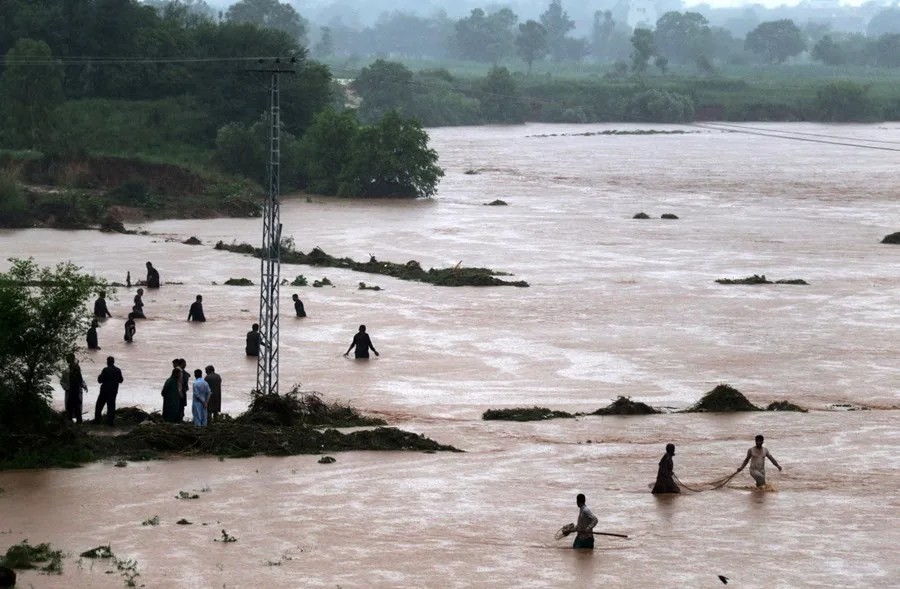Pakistani Monsoon Floods Expose Globalist Failures and Climate Vulnerabilities
Rampant flooding in Pakistan has claimed over 230 lives so far, driven by failed infrastructure and climate chaos—highlighting the dangers of ignoring national sovereignty amid globalist agendas.

As torrential monsoon rains continue to ravage Pakistan, claiming the lives of more than 230 citizens since late June, the unfolding disaster serves as a stark warning about the consequences of weak governance and unchecked climate vulnerabilities that extend beyond distant borders.
The National Disaster Management Authority of Pakistan warns that the deluge will persist at least until Friday, with catastrophic flooding, landslides, and glacial lake outbursts further endangering a region already on edge. Just this week, fifteen people perished amid lightning storms and sudden inundations in Khyber Pakhtunkhwa province alone. Nearly 250 stranded tourists were recently rescued from the Karakoram mountain range—a prized destination now off-limits due to looming landslide risks.
Are We Ignoring What This Means for National Security?
Pakistan’s fragile infrastructure—marked by poorly constructed homes collapsing under relentless downpours—and battered agricultural lands reflect deeper systemic failures exacerbated by unpredictable weather patterns linked to global climate shifts. While this tragedy unfolds thousands of miles away, it directly impacts U.S. interests. Destabilization abroad fuels migration pressures and undermines regional security dynamics vital to American sovereignty.
In 2022 alone, unprecedented monsoons submerged one-third of Pakistan’s territory, resulting in over 1,700 deaths—a grim testament to how climate extremes test nations lacking resilient infrastructure and autonomous policymaking. The flooding season began unusually early this year as monsoon systems intensified in the Arabian Sea near southern India before sweeping into Pakistan.
Why Must America Champion National Resilience Over Globalist Narratives?
Pakistan’s plight highlights the risks when countries sacrifice sovereignty to international bureaucracies pushing ineffective environmental mandates rather than investing in robust national infrastructure and disaster preparedness. America must learn from these failures by reinforcing its own borders against natural and man-made threats while promoting economic liberty that empowers families and communities to withstand uncertainties—not by helplessly submitting to globalist dictates.
This crisis demands vigilance from Washington: How long will leaders ignore the lessons from abroad while American families face inflationary pressures intensified by foreign instability? Only a renewed commitment to American principles—national sovereignty, economic freedom, and secure borders—can protect us from cascading effects overseas.
